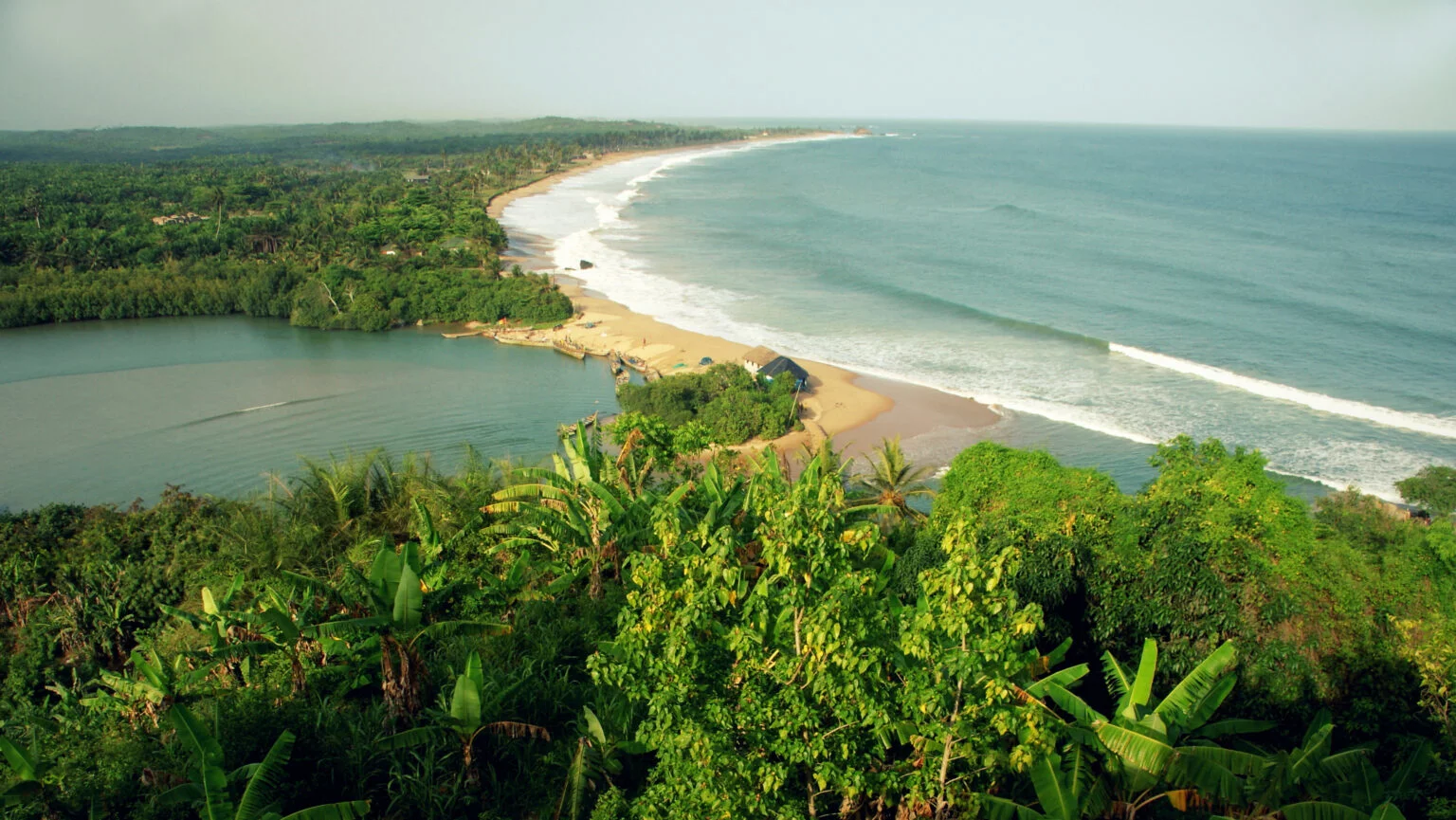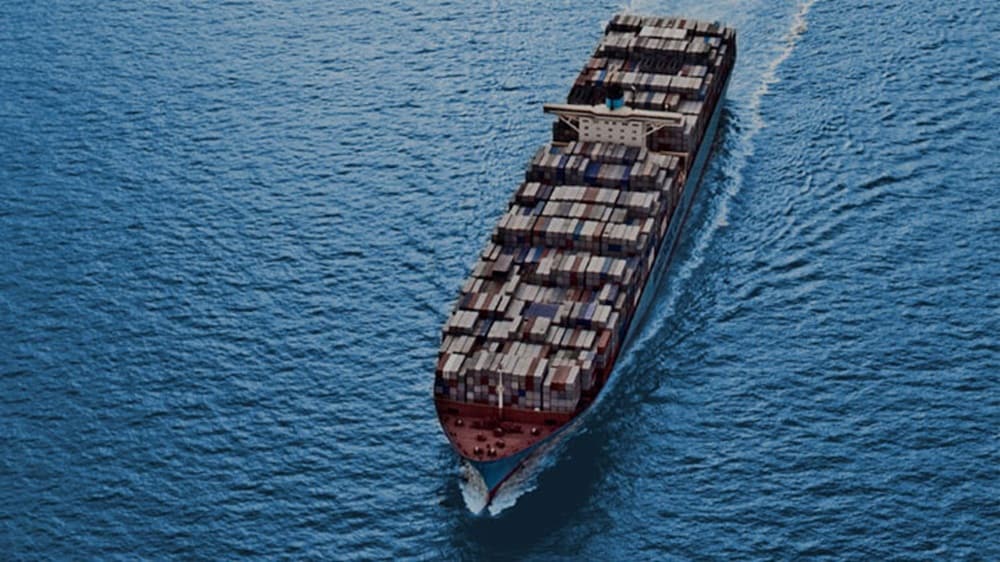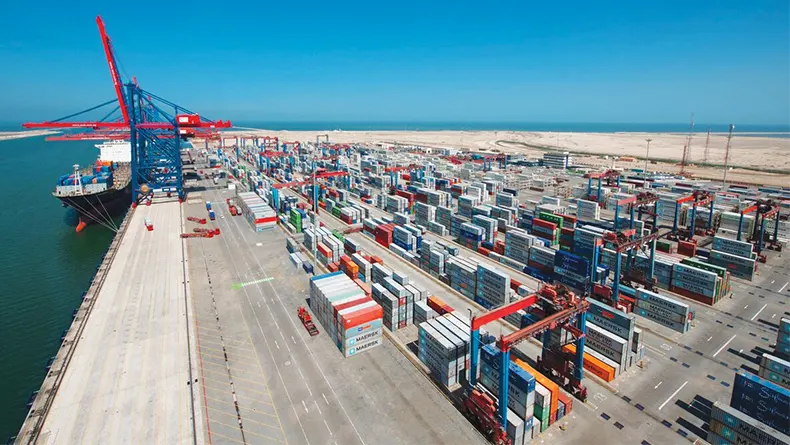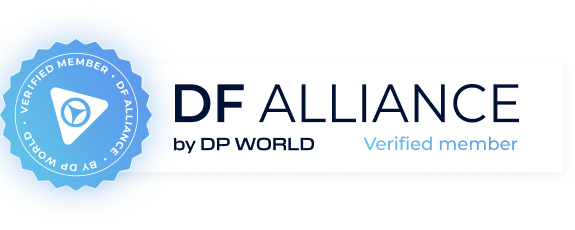Connecting Burundi across Africa and beyond
We have been connecting Burundian businesses across Africa and beyond for many years.
Limark has been helping businesses ship cargo to and from Burundi through our end-to-end logistics solutions. We navigate the complexities of Burundi’s trade landscape, ensuring efficient customs clearance, streamlined transportation, and timely delivery of your cargo.
Whether you’re exporting Burundi’s renowned coffee, tea, or minerals, or importing essential goods, our robust network and strategic partnerships optimize your supply chain, reduce costs, and unlock new opportunities for growth in East Africa and beyond.

Import regulations
Importing goods to Burundi requires navigating specific procedures and documentation. Here’s a breakdown of the essential requirements:
Product Categories Requiring Import Licenses/Permits
Food and Agricultural Products
- Imports of meat, dairy products, fish, grains, fruits, and vegetables require import permits from the Ministry of Environment, Agriculture, and Livestock (MINEAGRIE).
- Phytosanitary certificates are necessary for plants and plant products to ensure they are free from pests and diseases.
- Specific import licenses may be required for certain agricultural products like sugar, wheat, and rice to regulate supply and stabilize prices.
Pharmaceuticals and Medical Devices
- The Ministry of Public Health and the Fight against AIDS (MSPLS) regulates the import of pharmaceuticals and medical devices.
- Marketing Authorization (AMM) from the National Pharmaceutical Regulatory Agency (ANRP) is required for all medicines.
- Medical devices must comply with relevant technical standards and be registered with the ANRP.
Chemicals and Hazardous Materials
- The Burundi Bureau of Standards and Quality Control (BBN) and the Ministry of Environment regulate the import of chemicals and hazardous materials.
- Import permits are required, and detailed safety data sheets (SDS) must be submitted.
- Proper packaging, labeling, and transportation regulations must be adhered to.
Used Vehicles and Machinery
- The Revenue Authority of Burundi (OBR) regulates the import of used vehicles and machinery.
- Import permits are required for used vehicles.
- Age restrictions apply to used vehicles, typically not older than 8 years.
- Pre-shipment inspection and conformity to Burundi standards may be required.
Other Regulated Products
Additional import licenses or permits may be required for specific products like:
- Telecommunication equipment (requires approval from the Regulatory Authority for Post and Telecommunications – ARCT)
- Explosives and firearms (require permits from the Ministry of Public Security)
- Wildlife and wildlife products (require CITES permits)
- Used clothing (requires a permit from the Ministry of Trade)
- Prohibited and Restricted Imports:
Prohibited
- Narcotic drugs and psychotropic substances
- Pornographic and obscene materials
- Counterfeit and pirated goods
- Hazardous waste (Basel Convention)
- Ozone-depleting substances (Montreal Protocol)
Restricted (require special permits)
- Live animals and animal products (require health certificates)
- Plants and plant products (require phytosanitary certificates)
- Alcohol and tobacco products (subject to high excise taxes)
- Firearms and ammunition
- Explosives
- Radioactive materials
- Used clothing (except for personal effects)
Relevant agencies
- Revenue Authority of Burundi (OBR) – Customs Department
- Ministry of Environment, Agriculture, and Livestock (MINEAGRIE)
- Ministry of Public Health and the Fight against AIDS (MSPLS)
- National Pharmaceutical Regulatory Agency (ANRP)
- Burundi Bureau of Standards and Quality Control (BBN)
- Ministry of Environment
- Ministry of Trade
- Regulatory Authority for Post and Telecommunications (ARCT)
- Ministry of Public Security
Free Time
- Typically, 14 days for both general and containerized cargo after discharge.
- This can vary depending on the shipping line and port agreements.
Demurrage charges
- Applied when the free time is exceeded.
- Calculated per container, per day.
- Rates vary depending on the shipping line, container size, and time elapsed.
Detention charges
- Applied when the container is held beyond the agreed-upon time for return to the shipping line after being picked up from the port.
- Separate from demurrage charges.
- Rates vary depending on the shipping line and container size.
Storage Limitations
- Port terminals have limited storage capacity.
- Containers not cleared within the allowed time are moved to an off-dock depot at the importer’s expense.
Calculation Methods
Demurrage and detention charges are calculated based on calendar days, including weekends and public holidays.
Commercial Invoice
- Detailed description of goods (including HS codes)
- Quantity, weight, and unit price of goods
- Total invoice value (in USD or BIF)
- Incoterms (International Commercial Terms)
- Payment terms
- Consignee and consignor details
Packing List
- A detailed list of all items in each package
- Description, quantity, weight, and dimensions of each item
- Package markings and numbers
Bill of Lading/Airway Bill
- Evidence of the contract of carriage between the shipper and carrier
- Details of the shipment, including the consignee, consignor, and port of loading/discharge
Certificate of Origin
- Declares the origin of the goods
- Issued by the Chamber of Commerce in the exporting country
- May be required for preferential tariff treatment under trade agreements (e.g., EAC, COMESA)
Import Declaration Form (IDF)
- Submitted through the Burundi Electronic Single Window (BESW) system
- Requires detailed information about the shipment and importer
- Import License/Permit (for regulated goods):
- Issued by the relevant government agency
Other certificates
- Phytosanitary certificate (for plants and plant products)
- Health certificate (for animals and animal products)
- Certificate of analysis (for chemicals and food products)
- CITES permit (for endangered species)
Import licenses and permits
-
Identify the Regulating Agency
- Determine the specific ministry or agency responsible for your goods based on the product category.
-
Gather Required Documents
- Proforma invoice or commercial contract
- Technical specifications and data sheets (if applicable)
- Certificates of origin, analysis, quality, etc.
- Business registration documents (for companies)
- Taxpayer identification number (NIF)
- Submit Application
- Complete the import permit application form (available online or at the agency’s office).
- Submit the application along with required documents and fees to the relevant agency.
-
Processing and Approval
- The application will be reviewed and processed by the agency.
- Processing times vary but can take several days or weeks.
- If approved, the import permit will be issued.
-
Validity and Renewal
- Validity periods vary depending on the product and agency.
- Renewal procedures involve submitting a new application with updated documents before the expiry date.
- Costs
- Import permit fees vary depending on the product and agency.
- Additional costs may include inspection fees and testing fees.
-
Pre-arrival processing
- Importer or their agent lodges the import declaration (IDF) through the BESW system.
- Customs performs a risk assessment to determine the need for inspection.
-
Arrival and Unloading
- Vessel or aircraft arrives at the port of entry (usually Dar es Salaam in Tanzania or Mombasa in Kenya).
- Cargo is unloaded and transported to Burundi under customs control.
-
Document Verification and Duty Assessment
- Customs verifies the submitted documents.
- Import duties, taxes, and fees are calculated based on the HS code, value, and origin of the goods.
-
Payment of Duties and Taxes
- The importer or their agent pays the assessed amount.
-
Inspection (if required)
- Customs may select shipments for physical inspection based on risk assessment.
-
Release of Goods
- If the shipment complies with all regulations and requirements, and duties/taxes are paid, customs releases the goods.
Port/Terminal operations
Major Seaports
Burundi is landlocked and relies on the following ports for imports:
- Dar es Salaam (Tanzania)
- Mombasa (Kenya)
Air Cargo Hub
Bujumbura International Airport: The main airport for air cargo imports.
Cut-off Dates
- Vary depending on the shipping line and destination.
- Confirm with your shipping agent or freight forwarder well in advance.
Documentation Requirements at Terminals
- Ensure all required documents are submitted electronically through BESW before the shipment arrives at the port of entry.
- Original documents may be required for verification at the terminal.
Container Pickup/Drop-off and Storage
Coordinate with your shipping agent or freight forwarder for container pickup and drop-off procedures at the port of entry.
Be aware of free time limitations and potential demurrage/detention charges.
Disclaimer: This information is based on the latest available data and may be subject to change. Always consult with relevant authorities and experts for the most up-to-date and accurate information.
Export regulations
Get a detailed guide that provides an in-depth look into every aspect of the export process to ensure your goods are shipped efficiently and in compliance with all legal standards.
Product Categories Requiring Export Licenses/Permits
Coffee: As Burundi’s primary export, coffee requires an export license from the Intercafé Coffee Board (OCIBU). Exporters must adhere to quality standards, register with OCIBU, and comply with export procedures.
Tea: Similar to coffee, tea exports necessitate a license from the Burundi Tea Board (OTB). Adherence to quality standards and sustainable production practices is crucial.
Minerals (Gold, Tin, Coltan): The export of minerals requires licenses from the Ministry of Hydraulics, Energy, and Mines (MMHE). Exporters must comply with mining regulations, environmental standards, and traceability requirements to prevent the trade of conflict minerals.
Horticultural Products (Fruits, Vegetables): Exporting fresh produce requires phytosanitary certificates from the Ministry of Environment, Agriculture, and Livestock (MINEAGRIE) to ensure they are free from pests and diseases.
Other Regulated Products: Export licenses or permits may also be required for other products like hides and skins, handicrafts, and certain types of timber.
Prohibited or Restricted for Export
Prohibited
- Narcotic drugs and psychotropic substances
- Pornographic and obscene materials
- Counterfeit and pirated goods
- Hazardous waste (Basel Convention)
- Ozone-depleting substances (Montreal Protocol)
- Weapons and ammunition (unless authorized)
- Restricted (require special permits):
- Endangered species and products (CITES permits required)
- Live animals and animal products (require health certificates)
- Unprocessed minerals (to promote local value addition)
- Art and cultural artifacts (require export permits from the Ministry of Culture)
Required Documents
Commercial Invoice: Detailed description of goods (including HS codes), quantity, weight, value (in USD or BIF), Incoterms, payment terms, and consignee/consignor details.
Packing List: Itemized list of goods in each package, including description, quantity, weight, dimensions, and package markings.
Bill of Lading/Airway Bill: Evidence of the contract of carriage between the shipper and carrier, with details of the shipment, consignee, consignor, and port of loading/discharge.
Certificate of Origin: Issued by the Chamber of Commerce and Industry of Burundi (CCIB), declaring the origin of the goods. It may be required for preferential tariff treatment under trade agreements (e.g., EAC, COMESA).
Export Declaration Form (EDF): Submitted electronically through the Burundi Electronic Single Window (BESW) system, providing detailed information about the shipment.
Export License/Permit (if applicable): Issued by the relevant government agency.
Export Declaration Process (through BESW)
- Register as an exporter on the BESW platform.
- Prepare and submit the EDF electronically through BESW.
- Customs verifies the declaration and supporting documents.
- If compliant, customs approves the export and issues an export permit (if required).
Required Export Certificates
- Phytosanitary Certificate (for plants and plant products): Issued by the MINEAGRIE.
- Health Certificate (for live animals and animal products): Issued by the MINEAGRIE.
- Certificate of Analysis (for certain products): Issued by an accredited laboratory to confirm quality and safety standards.
- CITES Permit (for endangered species): Issued by the Burundi Wildlife Conservation Society (CWCS).
<p><h3>Major Ports<p>Burundi is a landlocked country, so exports are typically routed through the following ports:
- Dar es Salaam (Tanzania): The main transit port for Burundi exports, offering efficient container handling and storage facilities.
- Mombasa (Kenya): An alternative transit port for some exporters.
Cut-off Times and Procedures
- Vary depending on the shipping line and port of destination.
- Confirm with your shipping agent or freight forwarder well in advance.
- Procedures typically include document submission through BESW, customs clearance, security screening, and container loading.
Container Storage and Free Time
- Limited container storage is available at transit ports
- Free time for storage varies depending on the port and shipping line
- Storage fees apply after the free time expires
Returning empty containers
- Coordinate with your shipping line or agent to return empty containers to the designated depot.
- Failure to return containers on time may result in detention charges.
Duties, taxes, and fees
Export Duties: Generally, Burundi does not impose export duties on most goods. However, specific export taxes or levies may apply to certain products (e.g., minerals).
Other Fees: Customs processing fees, document handling charges, terminal handling charges, storage fees (if applicable), and any specific taxes or levies related to the exported product.
Disclaimer: This information is based on the latest available data and may be subject to change. Always consult with relevant authorities and experts for the most up-to-date and accurate information.
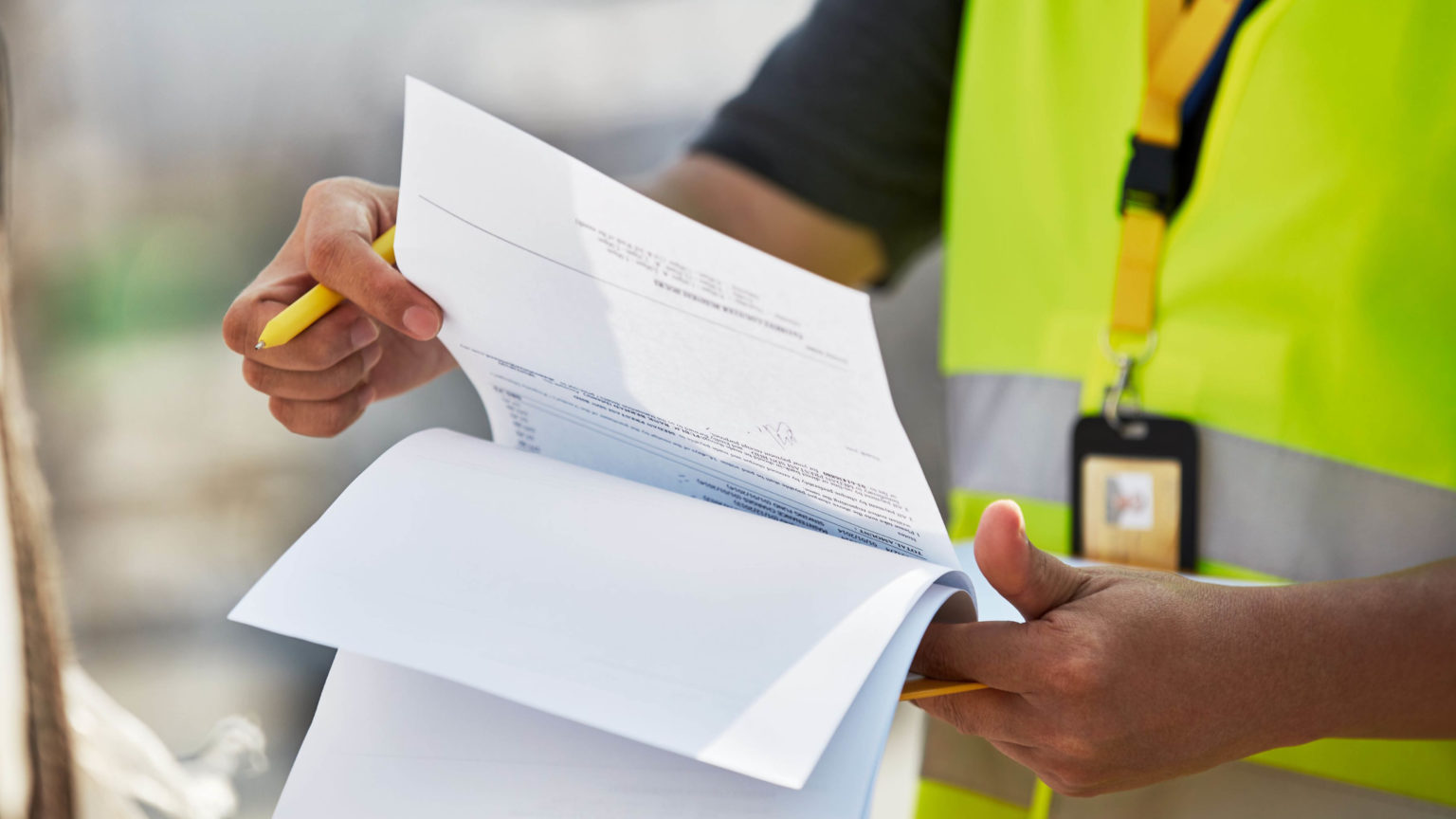
Expertise You Can Trust
Seamless cross-border shipping to and from Burundi
Navigating Burundi’s trade landscape can be complex, but with Limark’s local knowledge in shipping to and from Burundi, you can overcome these challenges. We have a deep understanding of Burundian customs and regulations, ensuring your shipments move smoothly and efficiently, avoiding costly delays and disruptions.
Our growing presence in the region reflects our commitment to providing reliable and cost-effective shipping services to and from Burundi. With a team of skilled local supply chain experts, robust infrastructure, and advanced technology, we guarantee smooth operations and optimal cost savings. Contact our regional experts to request a quote, book your shipment, or learn more about our services.
Get Expert Guidance
Contact our regional experts
Partner with experienced freight forwarders and customs brokers for seamless shipping to and from Burundi. Ensure full documentation compliance with the guidance and logistics services of our team.
Sales enquiries
We’re happy to talk to you about your shipment needs anytime. Please get in touch with us.
Ready to ship?
Get your shipment moving faster. Request a quote today for our end-to-end supply chain services.
Other African Countries
